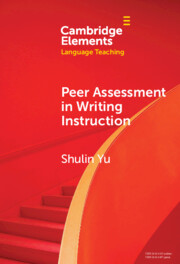After designing a writing program to enhance students' reflexivity and thus improve their compositions (García & de Caso, 2002a, 2002b), the aim of the research project was to show how reflexivity levels could influence the effectiveness of this program. This writing instruction through reflexivity was carried out with 5th and 6th grade students with learning disabilities (LD) and/or low achievement (LA) during 25 sessions. One hundred participants were assigned to either the experimental group (n = 49), which received specific intervention in writing and reflexivity, or the control group (n = 51), which simply received the ordinary curriculum. Both groups were assessed on the productivity and quality of their writing composition as well as their attitudes, self-efficacy, and reflexivity towards writing. The results show that coherence and reflexivity improved depending on the level of reflexivity, whereas the relationship with attitudes and self-efficacy is not so clear. Thus, it seems possible to improve LD and/or LA students' compositions by taking their reflexive style into account. Depending on the students' learning style, teachers should use either one or another technique.


